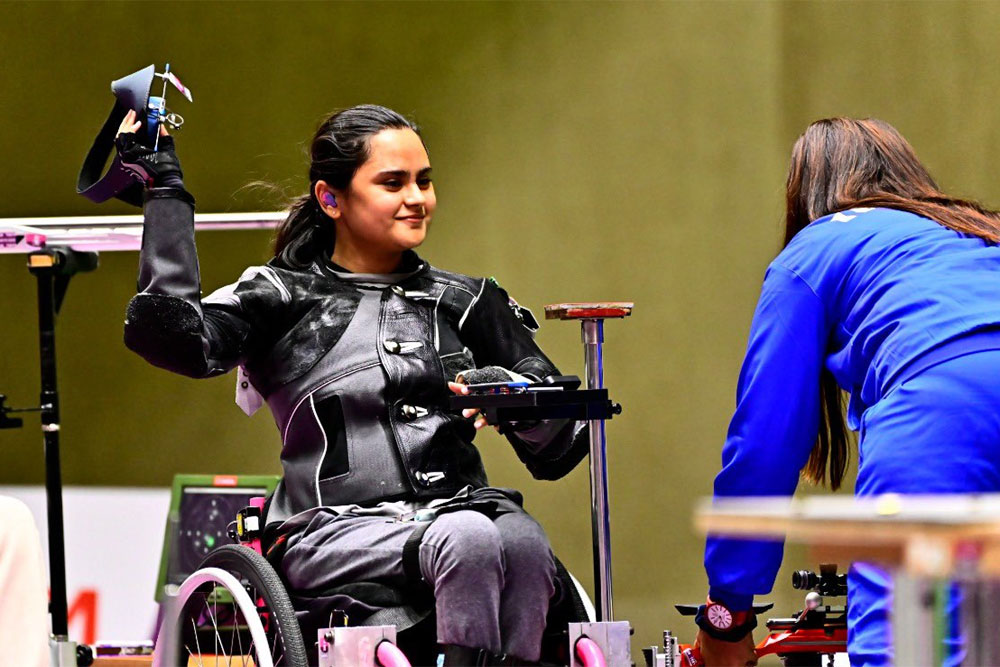Children with disabilities often face challenges in school and extracurricular activities. It is important for educators, parents, and caregivers to provide support and accommodations to help these children succeed.
Understanding Disabilities
Before we can effectively support children with disabilities, it is important to understand what disabilities are and how they can affect children. Disabilities can be physical, cognitive, or sensory in nature, and they can vary in severity. Some common disabilities include:
- Autism spectrum disorder
- Dyslexia
- Cerebral palsy
- Down syndrome
- Visual impairment
- Hearing impairment
Each disability presents unique challenges for children, and it is important to tailor support and accommodations to the individual needs of each child.
Supporting Children in School
For children with disabilities, school can be a challenging environment. It is important for educators to provide accommodations that enable these children to participate fully in the classroom. Some common accommodations include:
- Modifying assignments to match the child’s abilities
- Providing assistive technology, such as speech-to-text software or screen readers
- Allowing extra time for tests and assignments
- Providing a quiet space for children who are easily distracted
- Using visual aids and other teaching tools to help children understand concepts
It is also important for educators to foster a supportive and inclusive classroom environment. This can be done by encouraging peer-to-peer support, promoting empathy and understanding, and highlighting the unique strengths that children with disabilities bring to the classroom.
Supporting Children in Extracurricular Activities
Extracurricular activities provide children with opportunities to explore their interests and develop new skills. For children with disabilities, however, these activities can be exclusionary if appropriate accommodations are not made. Some ways to support children with disabilities in extracurricular activities include:
- Providing adaptive equipment, such as specialized sports equipment or musical instruments
- Modifying activities to match the child’s abilities
- Providing additional support, such as a one-on-one aide or a sign language interpreter
- Encouraging peer-to-peer support and inclusion
It is also important for parents and caregivers to advocate for their children and work with activity leaders to ensure that appropriate accommodations are made. This can involve educating activity leaders about the child’s disability and working collaboratively to develop a plan for inclusion.
Supporting children with disabilities in school and extracurricular activities requires a collaborative effort between educators, parents, and caregivers. By providing appropriate accommodations and fostering a supportive and inclusive environment, we can help these children reach their full potential and thrive in all areas of life.







